Coronavirus: Stormont should act on GB Covid risk, says O'Neill
- Published
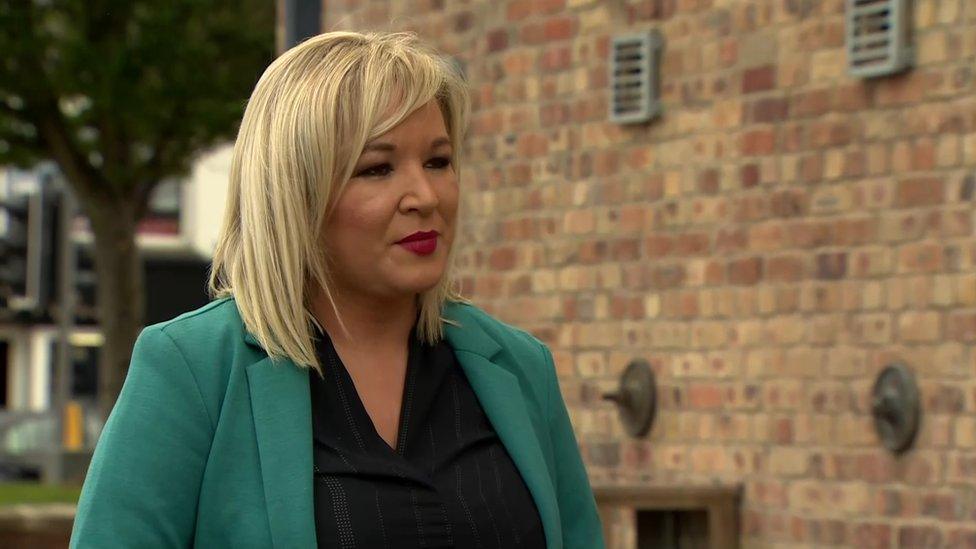
Michelle O'Neill said travellers from Britain were a "very real and live threat that we have to face up to"
The "greatest risk" posed to NI from coronavirus is from travellers from GB, the deputy first minister has said.
Michelle O'Neill said travellers from Britain were a "very real and live threat that we have to face up to" and the Stormont Executive needs to act on that.
She said ministers needed to have a discussion and "make a call on that".
Ms O'Neill said NI "can't become a backdoor for travellers entering into this island".
Asked on Monday if she will be asking the executive to impose quarantine on visitors coming from Britain, Ms O'Neill said: "When we look at where is the greatest risk posed, the greatest risk that we have been told is from travellers coming from Britain.
"So the executive has to have a discussion about that issue and make a call on that. But certainly, it is my view that given that's where the greatest risk comes, then we need to act on that."
She also told reporters "there should be no non-essential travel".
Earlier this month, the executive agreed changes to regulations allowing for people arriving from more than 50 countries to avoid the need to self-isolate for 14 days.
It comes as the latest Department of Health figures show the total number of confirmed positive cases of the virus in Northern Ireland now stands at 5,857.
No Covid-19 related deaths were recorded over the weekend, which means the number of deaths from the virus still remains at 556.
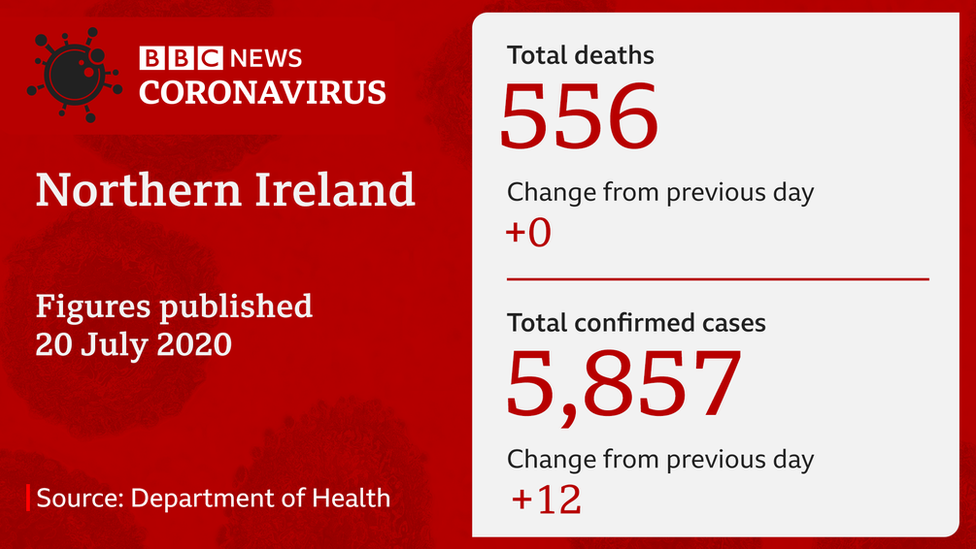
The department's daily figures are mostly comprised of hospital deaths, where a patient had previously tested positive for the virus.
There were also no new deaths reported in the Republic of Ireland, where the death toll remains at 1,753.
The deputy first minister said the issue of travel restrictions would be discussed again by ministers on Thursday, in conjunction with advice from the chief medical officer.
"We're in such a good place today because of the actions of everybody and we want to keep that position here on this island," she said.
"We've been most effective whenever we've been aligned across this island.
"Community transmission here is so low, and that's a good thing, but there are many countries where that isn't the position.
"The biggest risk that is probably posed to us right now is actually travellers coming in and bringing the virus back and making it spread right across our community."
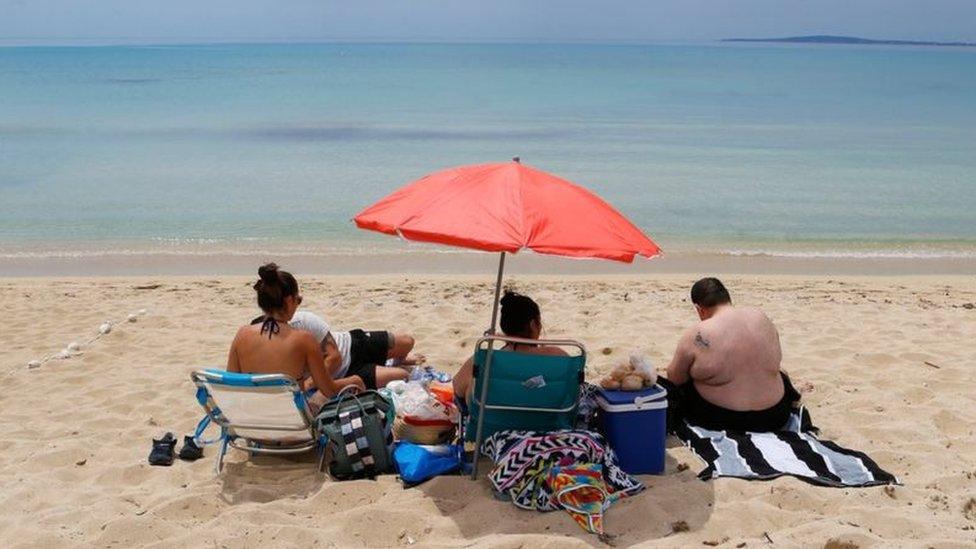
There have been some calls for the Executive and the Irish government to exempt the same countries from quarantines
First Minister Arlene Foster, however, said Northern Ireland is in a common travel area with the rest of the UK and "we'll respect that".
"It is important for business, for family life, for social life, for political life let's face it as well, that we continue to have the UK working together and making sure that we can have that travel across the United Kingdom," she said.
The executive's guidance is that people "should not travel abroad unless it's essential".
On Monday, Alliance Party health spokesperson Paula Bradshaw said she would not be going on a family holiday which had been booked to Italy.
She told BBC's Nolan Show that she would not be "breaking any laws" by travelling abroad before later commenting it is important people adhere "both to the spirit and letter of that guidance".
'Biggest risk'
On those travelling from Great Britain to Northern Ireland, Michelle O'Neill said this posed "the biggest risk" and was her "biggest concern".
"I think the issue of travel from Britain is a very real and live threat that we have to face up to."
Although there is free movement between Northern Ireland and the Republic of Ireland, and for Irish nationals to travel to Great Britain, travellers from Great Britain to the Republic are still subject to restrictions.
The Irish cabinet had been expected to meet on Monday to consider a 'green list' of countries which would be exempt from quarantine regulations, however, this was postponed.
Michelle O'Neill's party colleague, Sinn Féin President Mary-Lou McDonald, said any person arriving into the island of Ireland should be subjected to a mandatory quarantine.
She said there needed to be a more comprehensive system for monitoring people, adding that the island needed to be regarded as a single unit.
She told RTÉ that it "makes no sense" if the two governments have different lists of countries.
"It leaves a vulnerability for the island as a whole".
On Friday, Irish foreign affairs minister Simon Coveney said it was "unlikely" that Great Britain would make the Republic's list.
Agriculture Minister Dara Calleary said on Monday the list - due to be published this week - would be for "very, very limited travel" involving the countries included and warned it was "not the year for the overseas holiday".
- Published17 July 2020
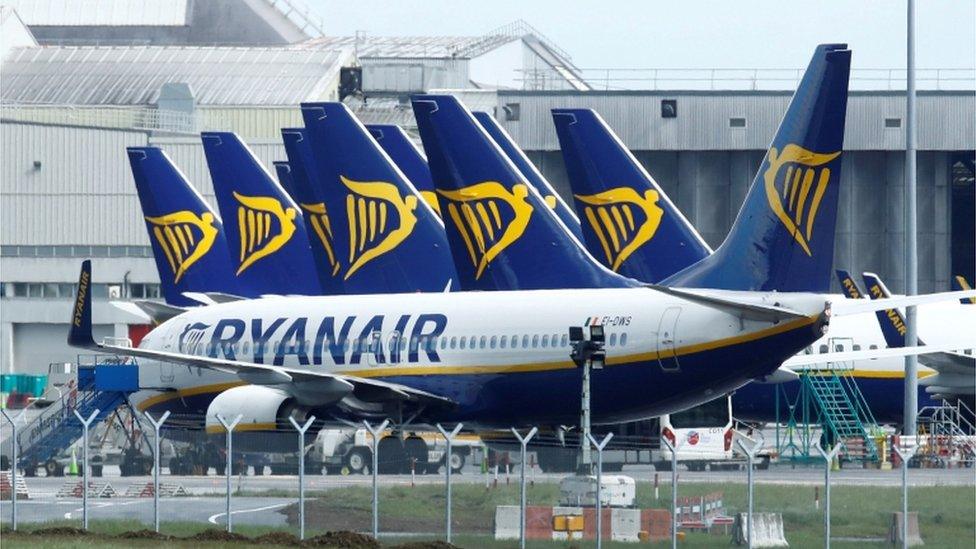
- Published20 July 2020
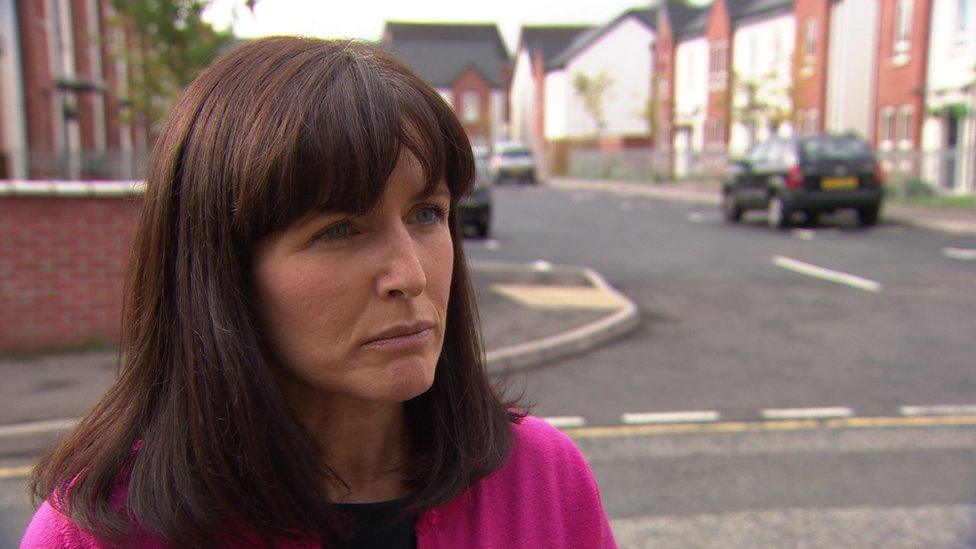
- Published9 July 2020
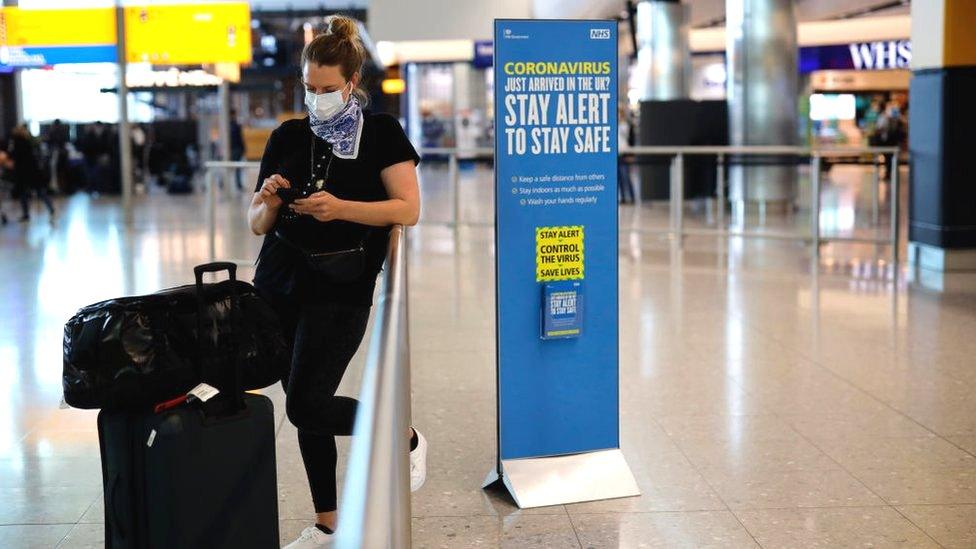
- Published8 July 2020
